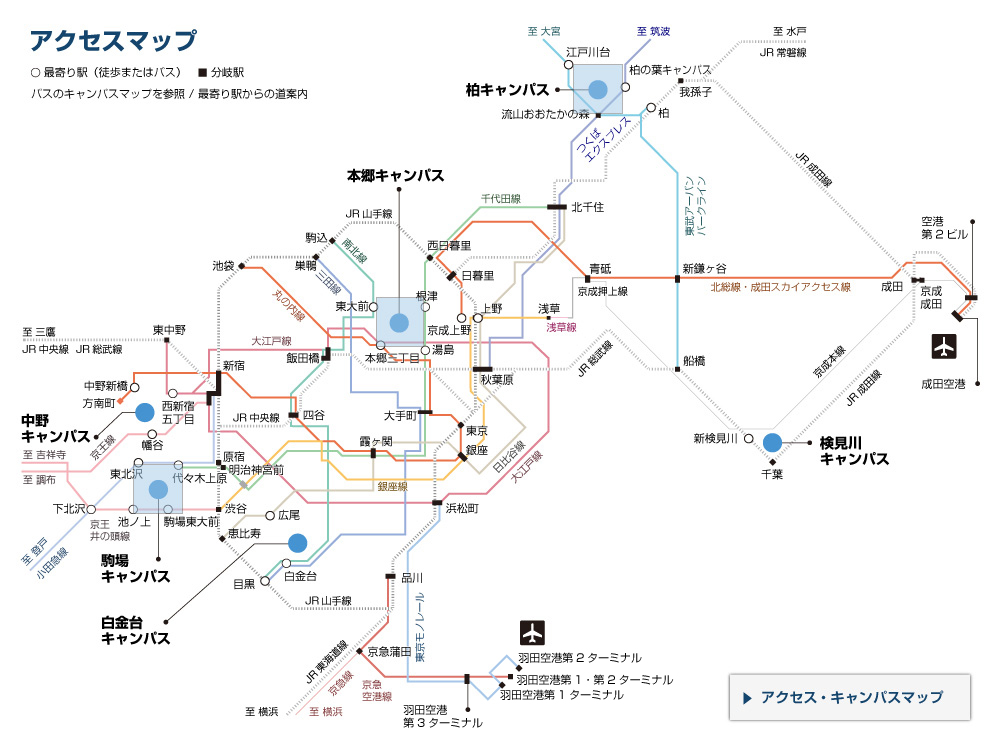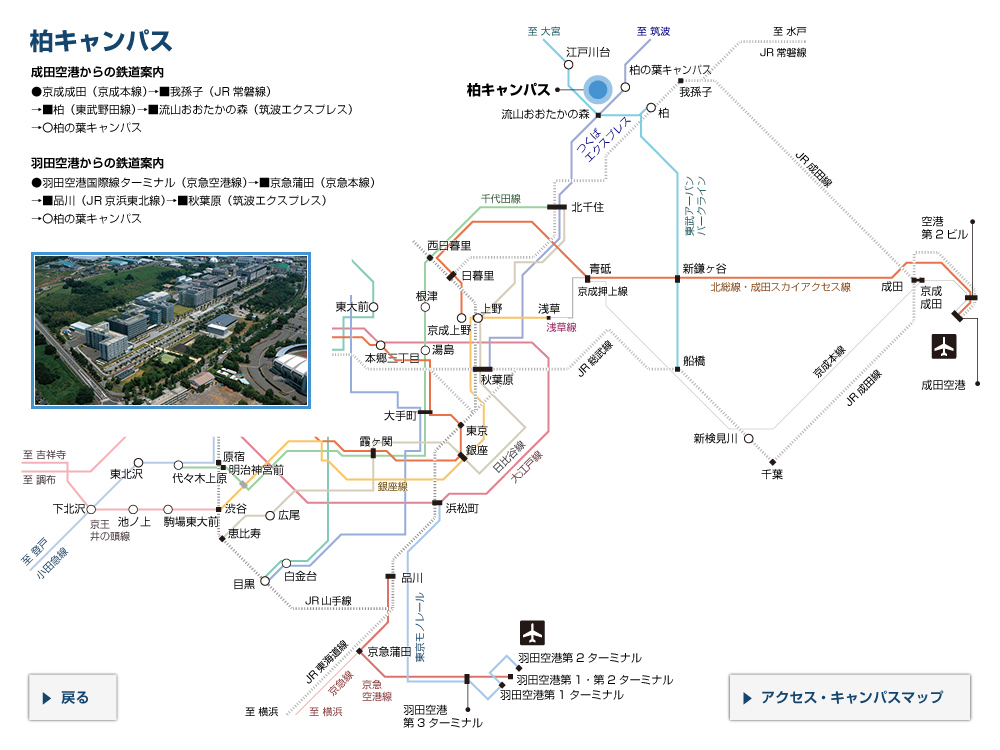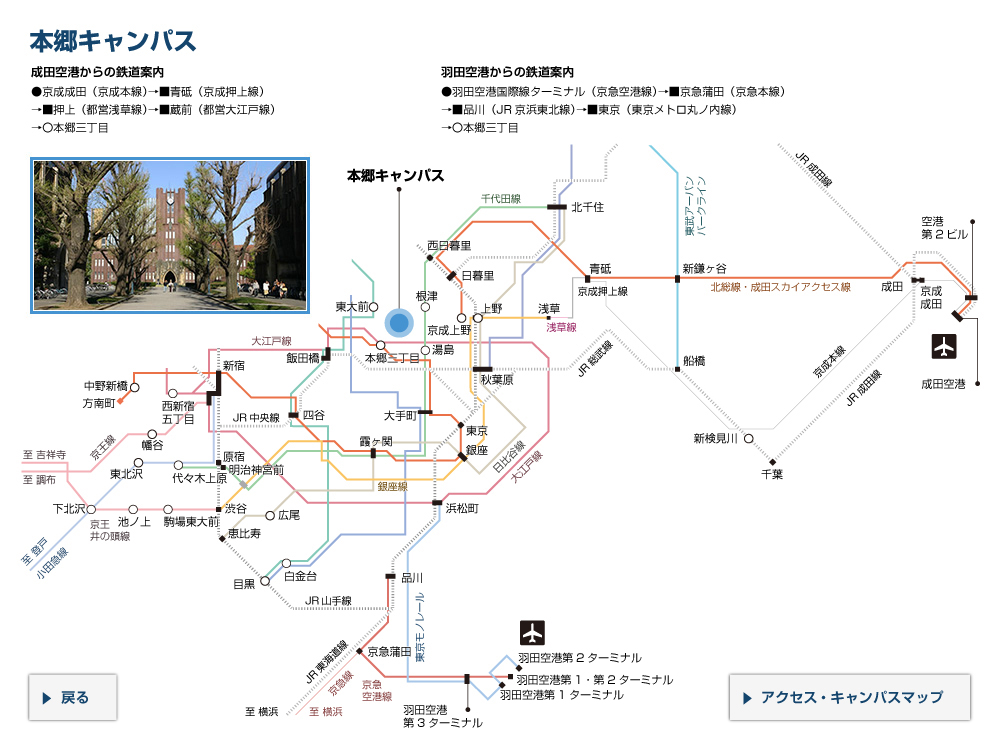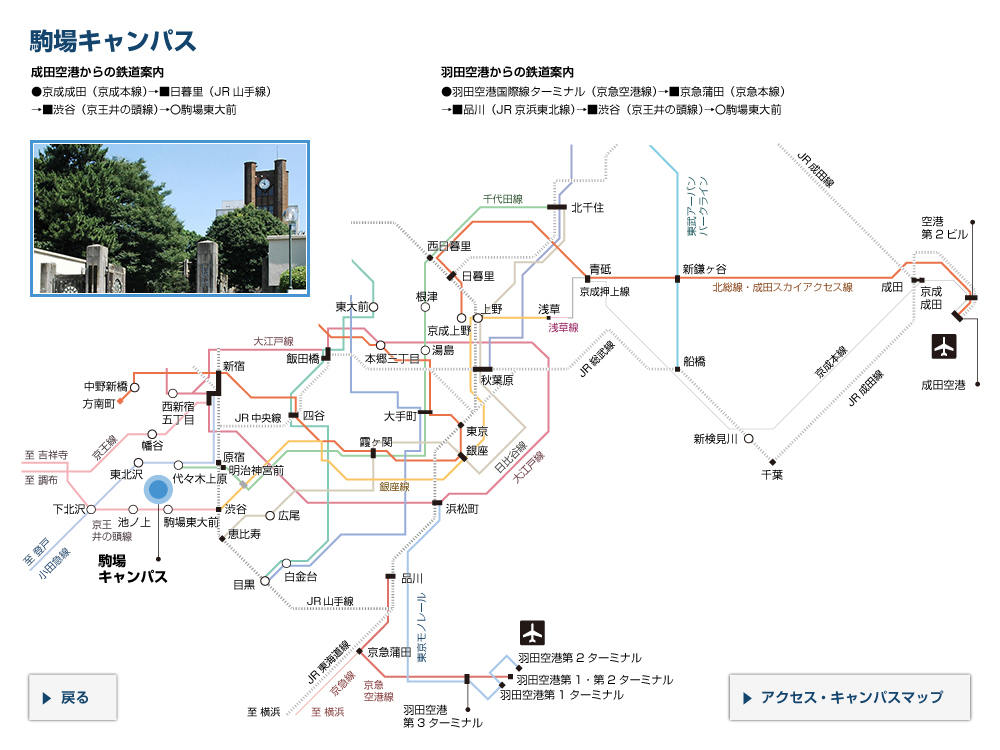令和5年度 東京大学秋季入学式
公共政策学教育部長式辞
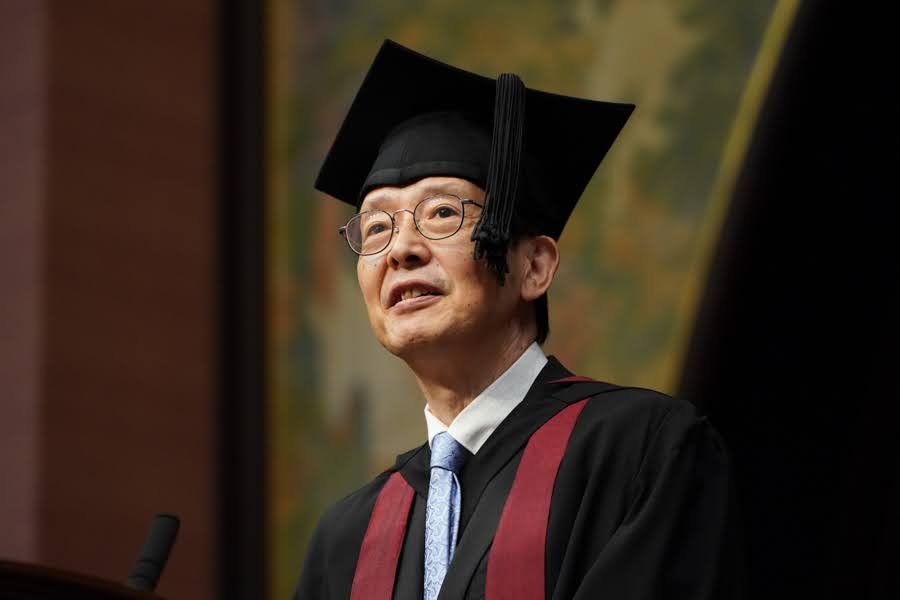

Dean’s Address at the 2023 Autumn Semester Matriculation Ceremony
My name is Keisuke Iida, and I am Dean at the Graduate School of Public Policy.
I would like to welcome all of you who have been admitted to the University of Tokyo. From today onward, you are members of our academic community. We call a university a community because it is beyond an assembly of people with similar interests and goals. While working together on research projects, we develop deep human bonds with one another over the years and begin to share common values and live in harmony. I therefore sincerely hope you join us in this enterprise of forming a tightly knit community.
Today is a joyful day for all of us; not only for those who are present here but also for all the people who supported you.
At the same time, I suppose that many of you are anxious to some extent. I am sure that you are wondering, "Will I be able to fit in?"; "Will my classmates be nice to me?"; "Will my professor be kind to me?"; and so on.
You may also be wondering, "Will I be able to find a good research topic for my thesis or dissertation?" As far as I know, the process of stumbling upon a research topic is unique to each researcher, and it is very hard to generalize.
Reflecting on my research career, all I can say is that good topics find you, not the other way round. Regarding my personal experience, after acquiring my master’s degree, I decided to go to the United States to pursue my Ph.D. I arrived in the country in early September in 1985. Even though I was a poor graduate student, I had some savings. Before I flew to the United States, I had converted all my savings into U.S. dollars. At that time, the exchange rate was around 250 yen to the dollar. The yen was very cheap back then. But do you know what happened in September 1985? A group of finance ministers and central bankers from five major countries announced an agreement, which came to be known as the Plaza Accord. After that, the yen began to appreciate very rapidly. One year later, the exchange rate was 150 yen to the dollar. In other words, the U.S. dollar lost its value by about 40 percent in terms of the Japanese yen. From that moment, I was determined to never convert my savings back to the Japanese yen, which meant that I would have to stay in the United States for quite a while.
The Plaza Accord came as a surprise to us, and therefore, several questions came to my mind: "Why did they do this?"; "Why was I not aware that this would happen?"; "Does the government have a right to inflict financial costs on uninformed citizens?" I had no answers, and because it was before the advent of the internet, I could not do a quick search on the internet, which you would do today. Anyway, this event made such a deep impression on me that I decided to write my dissertation on this topic.
It was a time of frequent trade disputes between Japan and the United States. As a result, in political science, which was my field, many people were conducting research on trade conflicts, but very few studied currency. I therefore realized that there was a gap in the literature for me to fill. Currency and trade are closely related to each other, and the ostensible purpose of the Plaza Accord was to avert a trade war.
Thus, I had a good topic, but needless to say, finding a good topic is just the first step in your research. However, everything else falls into place if you work hard.
It did not take long for me to find out that many economists were interested in the topic of macroeconomic policy coordination. Indeed, the Plaza Accord was not just about the exchange rate, but it was also about how to manage the world economy by coordinating the policies of the United States, Japan, and Germany. Professor Koichi Hamada, who was teaching at Yale University at that time, had developed a theory of macroeconomic policy coordination much before the Plaza Accord. So, I decided to borrow his theory.
But this was not enough. While his theory assumed that cooperation is definitively better than non-cooperation, this was not so clear in reality.
I then came across a theory of "model uncertainty." This relates to a situation where people do not know which economic model is correct. This theory was applicable because things did not go well after the Plaza Accord, especially in Japan. As you may recall, we had something called the bubble economy, which eventually collapsed. We suffered immensely along the way.
Combining these two strands of the literature—the theory of macroeconomic policy coordination and that of model uncertainty—I devised a theory of counterproductive cooperation where people with good intentions end up with a bad outcome because they cannot anticipate the future perfectly. You may think that it is easy to develop such a simple theory, but it took me a while to figure this out.
As you may already know, research is like a journey; it is full of adventures, risks, and roadblocks. But it is really satisfying after you overcome these hurdles.
As I conclude, I warmly welcome you once again, and I hope that your experience at the University of Tokyo will be both enjoyable and fulfilling. Thank you.
IIDA Keisuke
Dean of the Graduate School of Public Policy
The University of Tokyo
October 2, 2023
- カテゴリナビ



